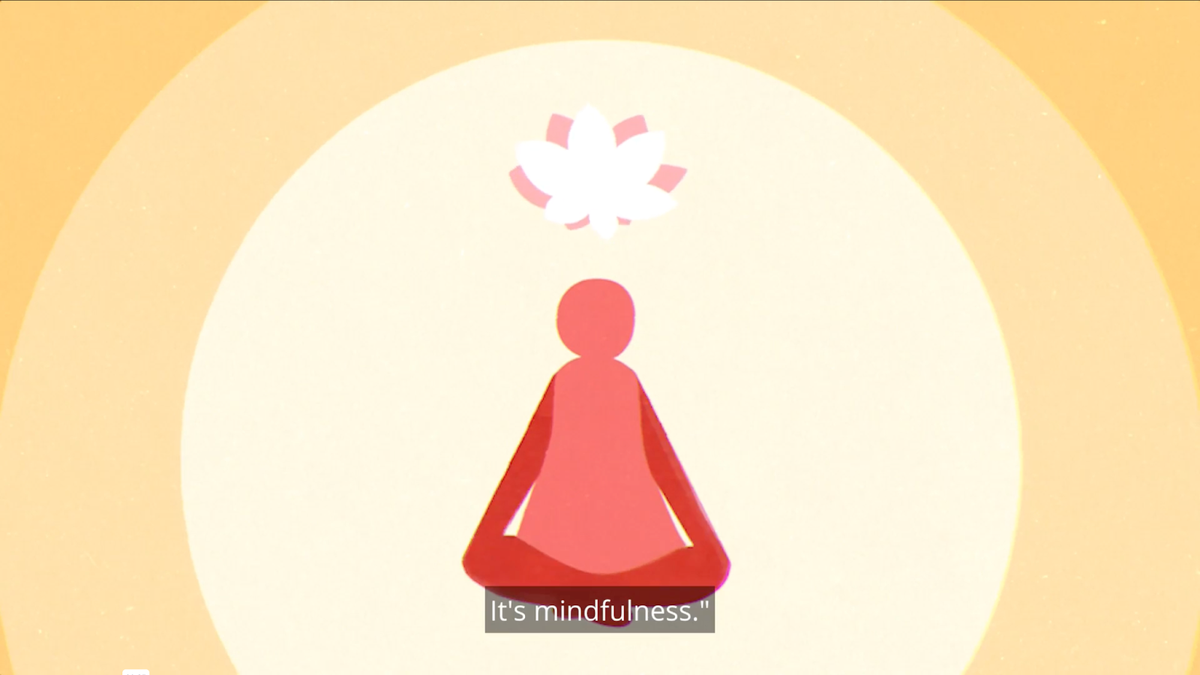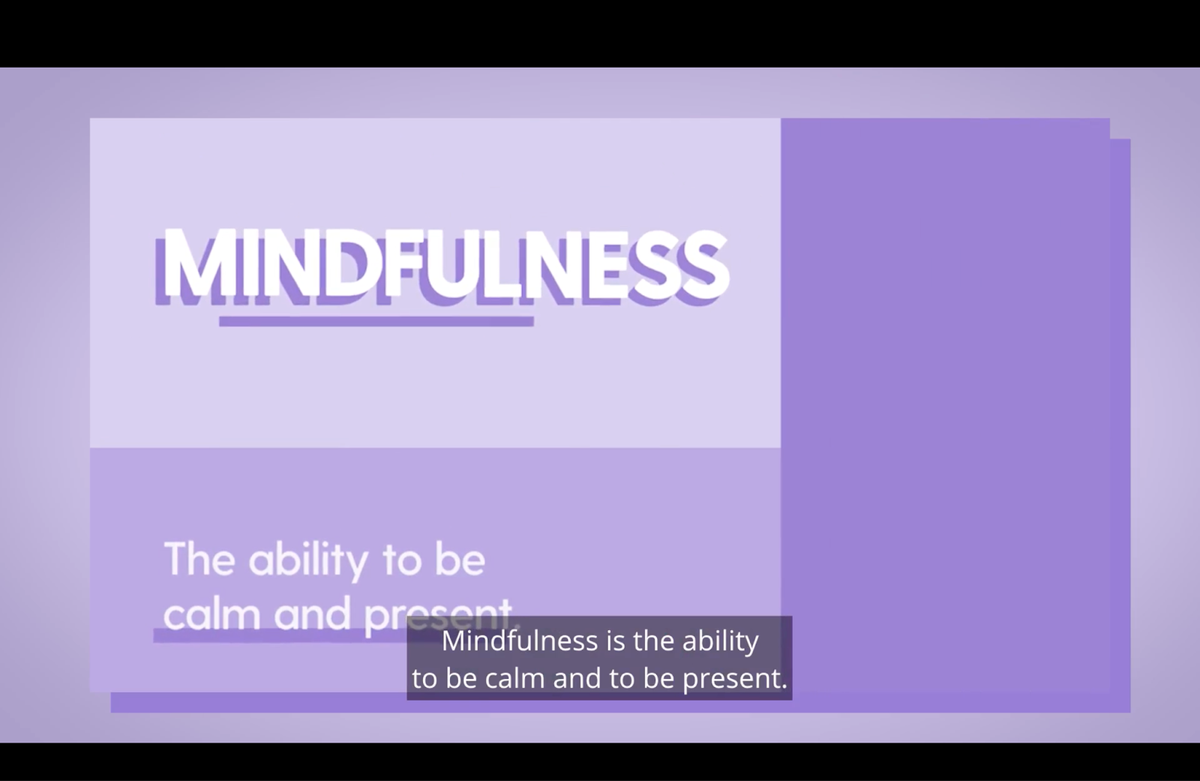Icarus
Grade 3
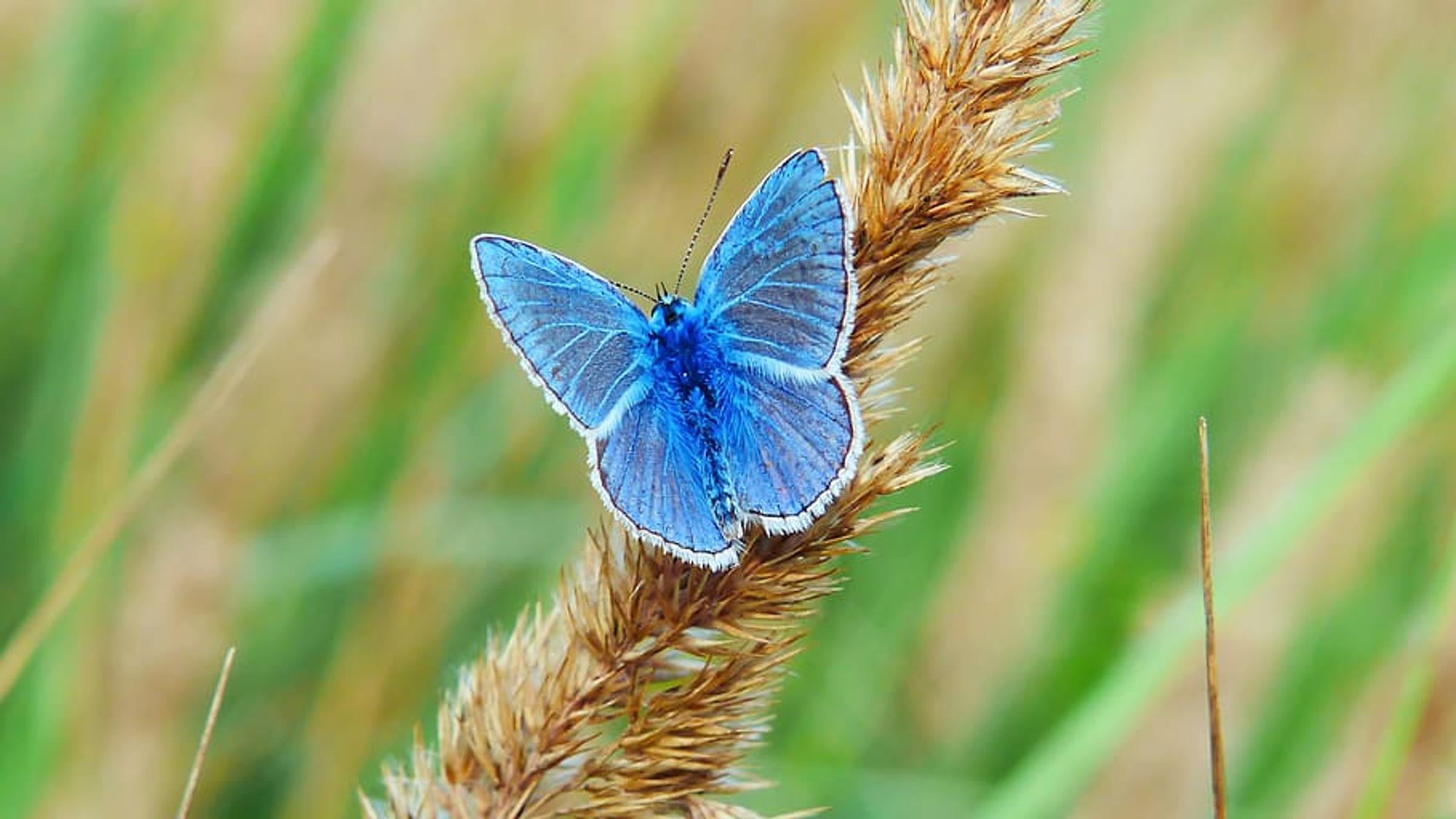
Icarus
Grade 3
Dear Parents and Carers,
With just a few weeks left in the term, we’re proud to reflect on the fantastic efforts and achievements of our Grade 3 students. It’s been a busy and productive time, and the level of energy and engagement across the cohort has been inspiring.
Recently, students took part in a special RACV incursion focused on safety education. They showed excellent focus and curiosity as they learned about making safe choices in different environments. It was wonderful to see them so involved, asking questions and sharing their own ideas about staying safe.
As winter well and truly settles in, we’d like to remind families to ensure students are coming to school dressed appropriately for the colder weather. Warm layers such as jackets, scarves, and beanies will help keep them comfortable, especially during outdoor play and early morning sessions.
We’d also like to let you know that Parent-Teacher Interviews will be held on Wednesday, July 2nd, during the final week of term. These meetings are a valuable opportunity to celebrate your child’s progress and discuss their learning journey. Students are encouraged to attend the interviews with their parents and carers to be part of the conversation and share their reflections.
Thank you for your ongoing support. We look forward to finishing the term with continued enthusiasm and a strong sense of achievement!
Warm regards,The Grade 3 Team
Wednesday 2nd July: Parent teacher interviews (pupil free day)
Friday 4th July: Last day of school (Students will finish at 2.30 pm and will need to be picked up at this time).
'Their care' runs from the school gymnasium (before school and after school) parents have the option of enrolling students into the program, at their own cost.
In Reading, students focused on developing regular routines to support their focus during independent reading time. They learnt how to select enjoyable and interesting texts from the classroom library. Students participated in regular reading conferences with their mentor teacher, to set goals for improving their reading and comprehension. They engaged with a variety of fiction and nonfiction digital or print books. Students used strategies to predict, locate information, analyse and ask questions about books they read. They continued to develop their awareness of letter-sound relationships and used this knowledge to support them when reading unfamiliar texts. Students worked independently or in reading groups where they discussed texts and explained their opinions.
Each week, they put great effort into practising their spelling using the Look, Cover, Spell, Write, Check strategy and with consistency, majority of students were always excited when they got their words right.
This term in Grade 3, our young writers have been busy developing their skills in persuasive writing and information reports. Writing has become a journey of thinking, planning, and sharing ideas clearly and confidently.
We’ve been following a structured writing process that helps students build strong and effective pieces of writing. The process includes five key stages: prewrite, draft, edit, revise, and publish. At the prewriting stage, students brainstorm and plan their ideas. Then, in the drafting stage, they get their ideas down on paper. Next, they edit their work by checking for punctuation, spelling and grammar. After that comes revising, where they improve their writing by adding more detail or reordering ideas. Finally, they publish their work so it can be shared and celebrated.
In persuasive writing, students have learned how to express an opinion and back it up with strong reasons. Whether convincing someone to visit their favourite country or arguing for a longer lunchtime, students are learning how to make their opinions count!
In information report writing, students have explored topics of interest, researching facts and organising them into clear sections with headings. They are learning to write with purpose, using subject-specific vocabulary and factual detail.
These skills link closely to the Victorian Curriculum , where Grade 3 students are encouraged to create texts for different audiences and purposes, using the stages of the writing process and building vocabulary, grammar, and structure.
It’s been fantastic to see many of our Grade 3 students grow as confident, thoughtful writers. We encourage families to talk with their children about what they are writing and even help them publish a piece at home—perhaps as a letter, a poster, or a mini-book!
This term in Maths, our students have been busy building their number skills and deepening their understanding of place value. They worked with numbers up to—and beyond—10,000, learning how to recognise, model, and order them confidently.
We also explored different strategies for solving addition and subtraction problems, both mentally and through written equations. The students applied these strategies to real-life word problems and discovered how addition and subtraction are linked.
In our data unit, students designed their own survey questions, collected responses using tally marks, and displayed their results using bar graphs. They enjoyed sharing and discussing their findings with their classmates in small groups and as a class.
Measurement was another key focus this term. Students practised reading both analogue and digital clocks to the nearest minute and explored the relationship between minutes, hours, days, and months. They also learnt how to measure and calculate the perimeter of various shapes by adding all the side lengths.
Finally, the students explored location and direction. They used grid maps and coordinates, and applied directional language—like left, right, north, south, east, and west—to describe and follow pathways in both familiar and unfamiliar settings.
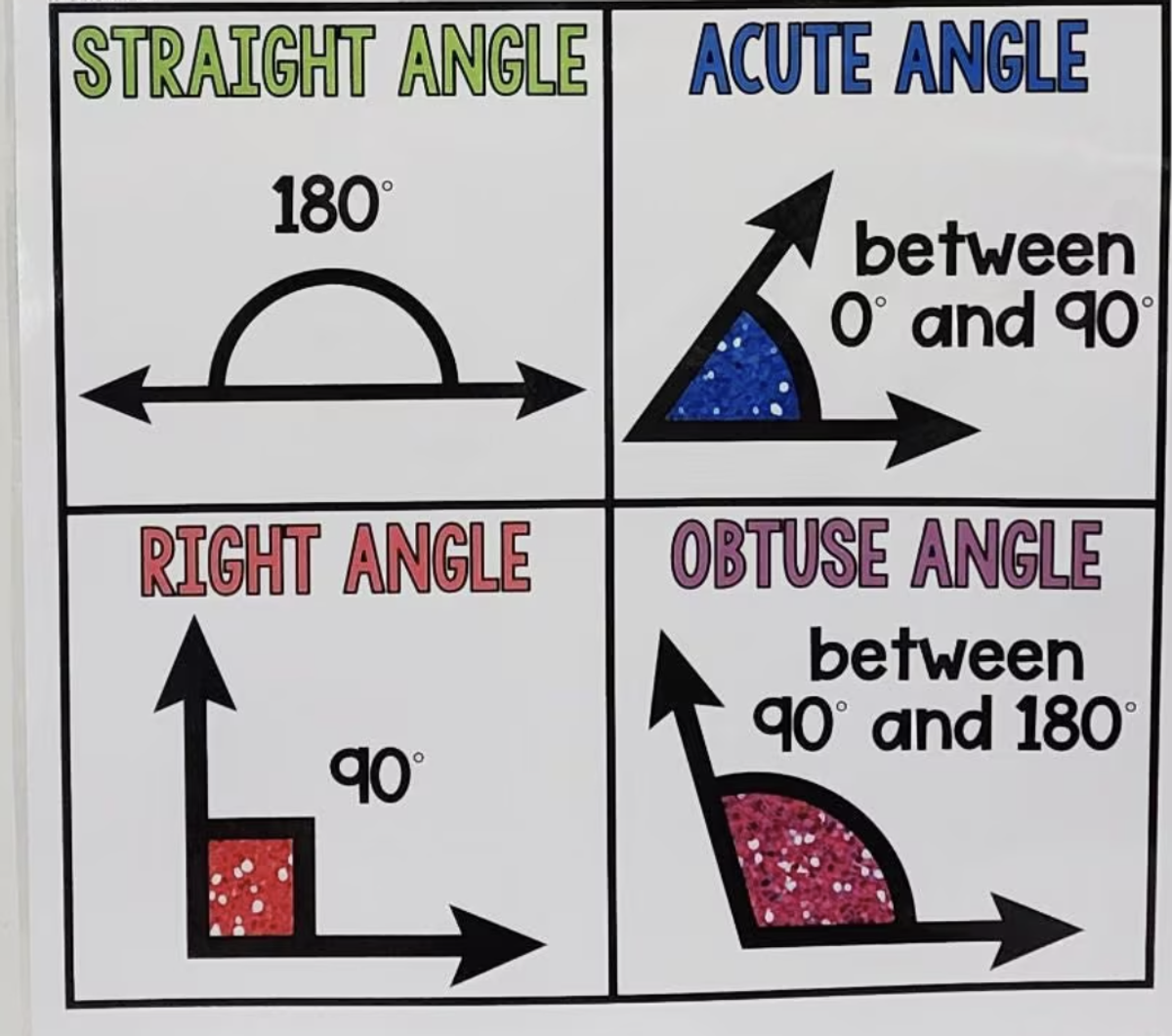
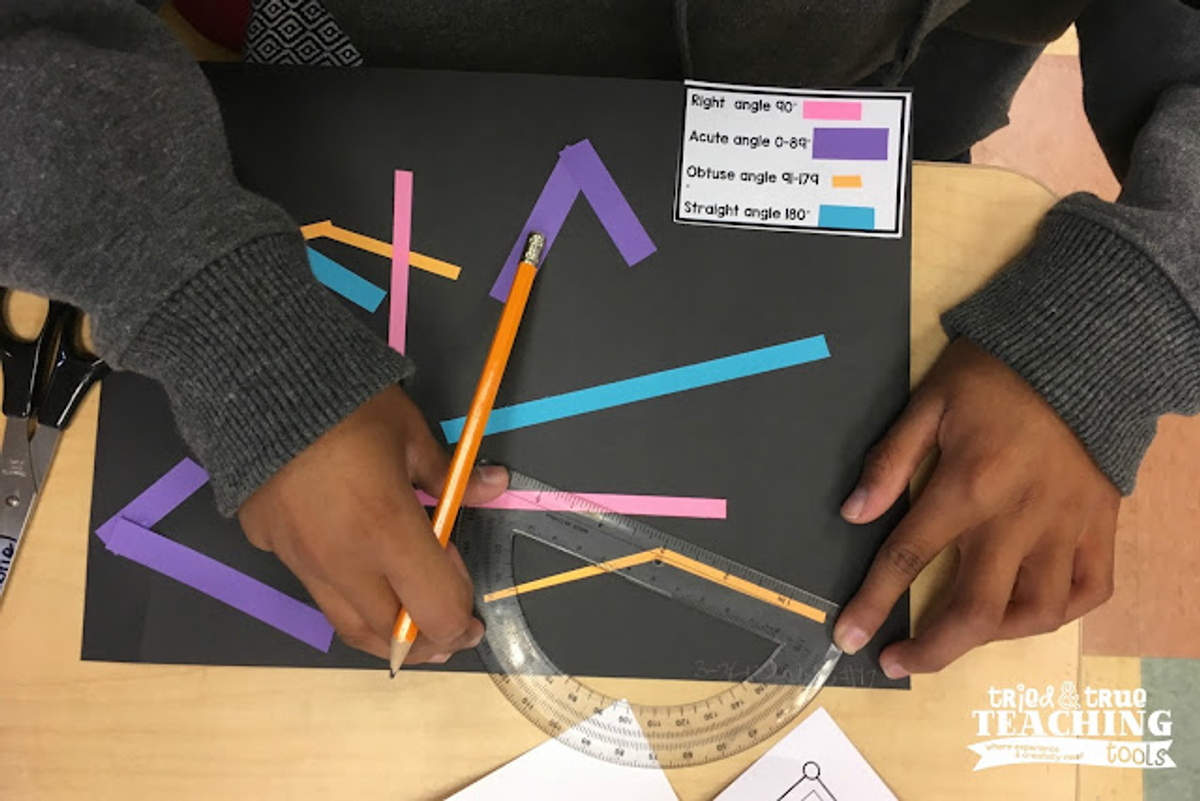


This term in Year 3, students have been busy exploring the topic “Who are Australia’s Closest Neighbours?” as part of our Geography unit. They discovered which countries are near Australia, located them on a map, and investigated what life is like in these places. Students compared similarities and differences between these countries and Australia, and even explored fun things visitors can do there! Each child chose a neighbouring country to research and presented interesting facts about its climate, landscape, culture, and how it connects with Australia.
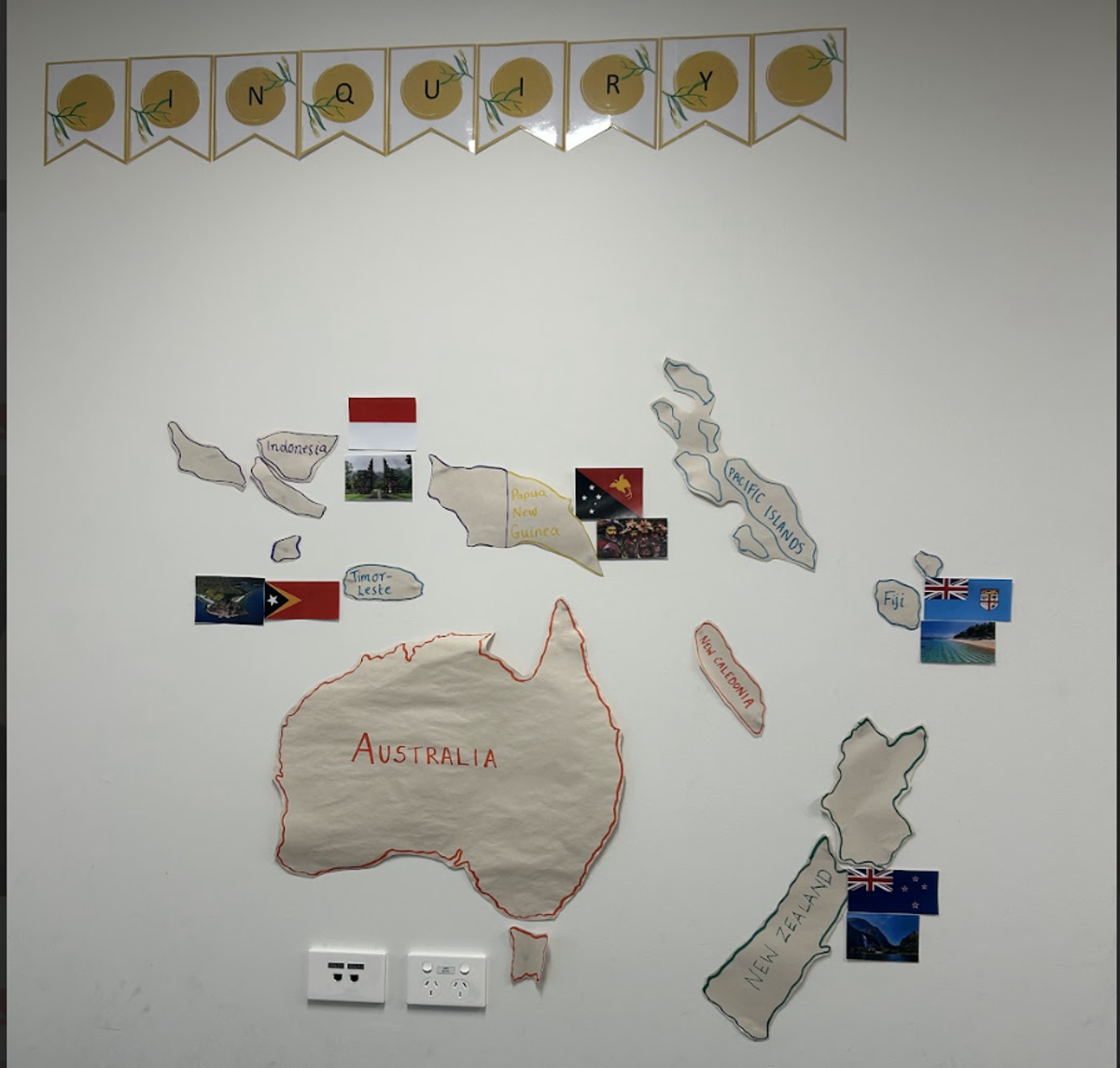

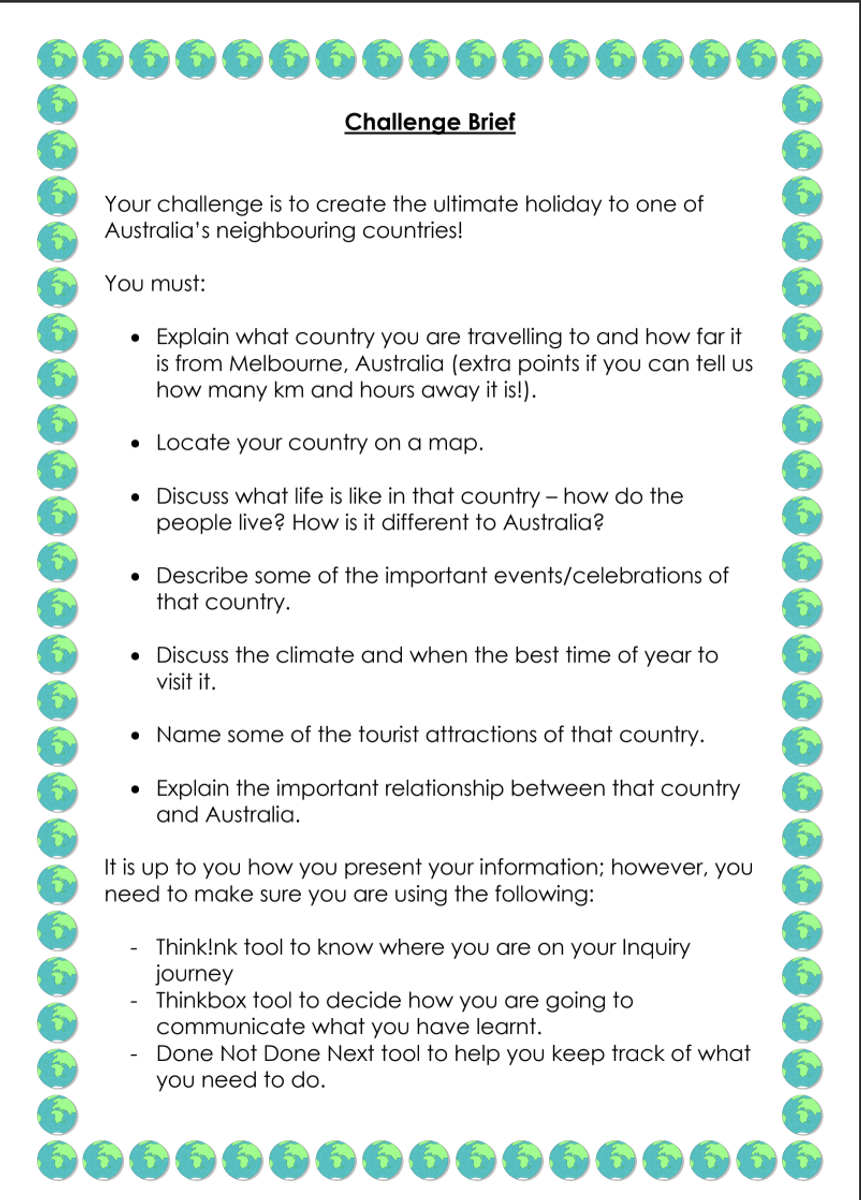

Throughout June, our students have continued to build important social and emotional skills that support their wellbeing and relationships. They explored how different emotions can look and feel, what might trigger them, and how these emotions can influence the decisions we make. These conversations have helped students become more aware of their own feelings and develop strategies to manage them in positive ways.
This month, students also reflected on their personal strengths and identified areas they would like to grow in. They discussed how using a growth mindset—believing that we can improve through effort and learning—can help them face challenges with confidence. We’ve been so proud of their willingness to try new strategies, take risks in their learning, and support one another through setbacks.
Our ongoing work with The Resilience Project has remained a strong focus, with students practising Gratitude, Empathy, and Mindfulness (GEM) throughout the month. From gratitude journals and acts of kindness to short mindfulness activities, these simple but powerful routines are helping students build resilience, stay grounded, and create a more positive and connected classroom community.
